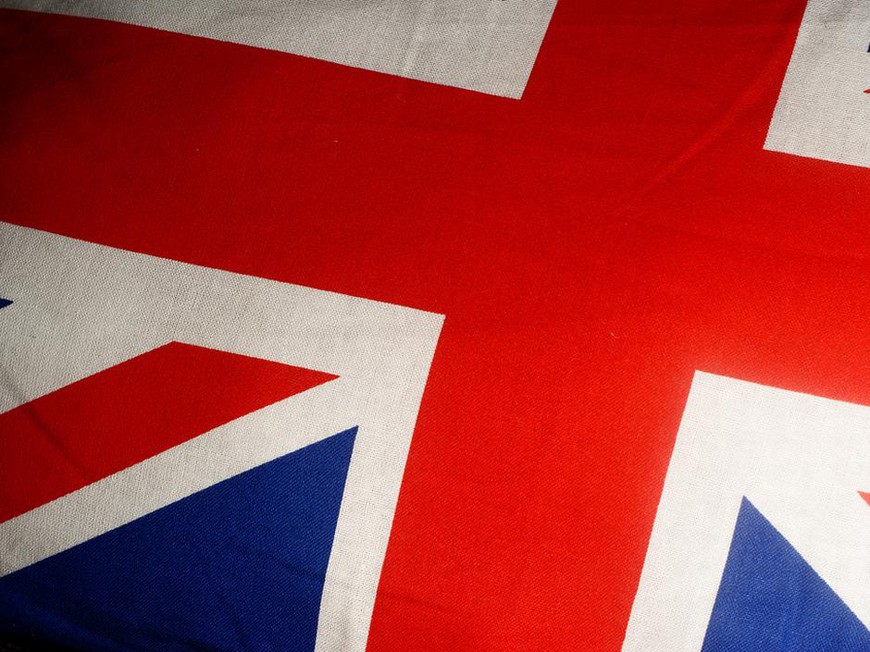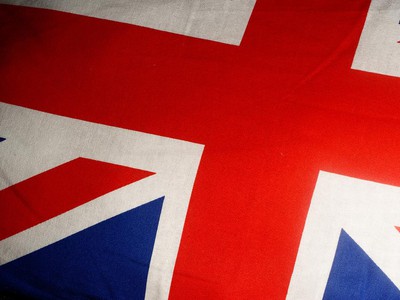

- UK Budget includes increase in gaming duties of over 1bn over the next three years.
- Predictions in line with industry estimates of revenue raised under a 15% POC tax bill.
- Budget line may make it politically difficult to now lower the tax rate.
Though gambling went unmentioned in the UK Chancellor’s budget speech Wednesday, the Office of Budgetary Responsibility (OBR) increased its estimate of future gaming revenue under the proposed Place of Consumption (POC) tax by more than £1bn over the next three years.
In the budget line item “Other HMRC taxes,” which consists of gaming duties along with landfill tax, aggregates levy and customs duties and levies, expected revenues rise from this year’s £5.9bn to £7.4bn a year in 2016/2017, with a £400m bump in 2013/2014, rising to over £1bn in two years.
The other taxes in the line item are not slated for significant changes, and the main budget report suggests that gaming duty bands will increase only in line with the Retail Prices Index (RPI), and the duty rate will remain the same.
The obvious deduction is that almost all of the additional revenue is expected to come from the POC tax on UK gaming, and the figures are inline with independent industry predictions.
The Department of Culture Media and Sport recently sponsored a law which makes it obligatory for all companies offering online gambling to UK resident customers to be licensed by the UK Gaming Commission.
A two stage process should see the Treasury announce a change to a POC tax by the end of the year, thus bringing all operators profiting from UK customers under the UK gaming duty system, but exempting the profits they make from their customers elsewhere.
The rate of duty is currently 15%, but gaming companies have been lobbying for this to be reduced and the DCMS report acknowledged that the rate was too high. The consultation on this issue is ongoing and there was some expectation that it would be announced as part of this budget.
The OBR produces the official forecasts on which the government is expected to base policy. Its numbers are based on the revenue rates they have been given by government, so the extra £1.5bn in annual revenues at the end of the forecast period is based on the assumption that the 15% rate will continue.
This is the first budget year where forecasts have been made about receipts from the new POC system, and to an extent, the forecasts will anchor government expectations of how much money the new system will raise. Reducing the tax rate will now result in a shortfall of revenue against the projections.

